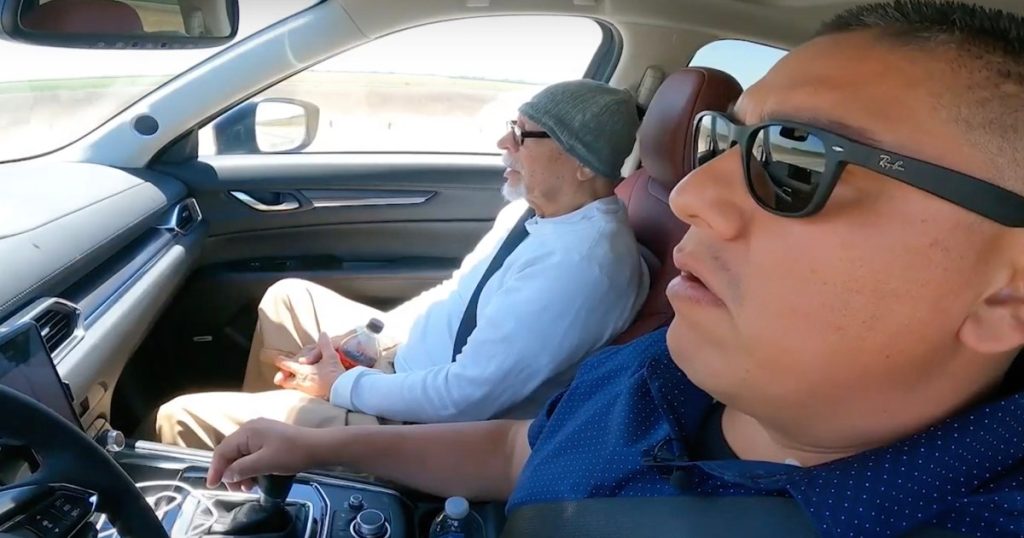The Ride Home Program, created by the Anti-Recidivism Coalition in collaboration with Stanford University, aims to help formerly incarcerated individuals transition back into society after their release from California prisons and jails. The program provides these individuals with a ride to their approved transitional housing, along with a meal of their choice, a new outfit, a cellphone, and toiletries. By pairing them with drivers who are also formerly incarcerated, the program emphasizes mentorship and relationship-building to support successful reintegration into the community. The program has helped bring home more than 1,394 people upon their release, offering them a sense of safety and support as they navigate their return to society.
One of the individuals who benefited from the Ride Home Program is Pedro Gonzalez, who was released after serving 24 years at a correctional training facility in Soledad. Gonzalez received a ride from program founder Carlos Cervantes, who welcomed him with open arms and provided him with an outfit, a cellphone, and a meal of his choice. The support and resources offered by the program are crucial for individuals like Gonzalez as they adjust to life outside of prison. Gonzalez expressed his gratitude for the opportunity to be picked up by Cervantes and begin his journey back into society.
The Anti-Recidivism Coalition reports that formerly incarcerated individuals who have participated in its support and career programs have a recidivism rate of less than 10%, significantly lower than California’s overall rate of 60%. This statistic highlights the positive impact of the Ride Home Program and other initiatives aimed at assisting individuals with their reentry process. The program’s success in reducing recidivism rates underscores the importance of providing comprehensive support services to individuals transitioning from incarceration to society.
Following the Covid pandemic, the Ride Home Program has seen a 700% increase in demand as more formerly incarcerated individuals seek assistance with their reentry process. The challenges brought about by the pandemic have exacerbated the difficulties faced by individuals upon their release, making support programs like the Ride Home Program even more essential. As the program continues to grow and expand its reach, it plays a vital role in helping individuals successfully reintegrate into their communities and lead productive, fulfilling lives.
The collaboration between the Anti-Recidivism Coalition and Stanford University in creating the Ride Home Program exemplifies the power of partnerships in addressing the complex needs of formerly incarcerated individuals. By combining resources and expertise, the program is able to offer a holistic approach to supporting individuals during their transition back into society. The involvement of drivers who have also experienced incarceration adds a unique level of understanding and empathy to the program, fostering a sense of connection and solidarity among participants.
In conclusion, the Ride Home Program represents a lifeline for formerly incarcerated individuals as they navigate the challenges of reentry into society. By providing transportation, tangible support, and mentorship, the program empowers individuals to build a foundation for a successful and stable future. The program’s success in reducing recidivism rates underscores the importance of investing in comprehensive support services for individuals reentering society, ultimately contributing to safer and more inclusive communities. With continued growth and support, initiatives like the Ride Home Program have the potential to make a meaningful impact on the lives of formerly incarcerated individuals and their communities.













